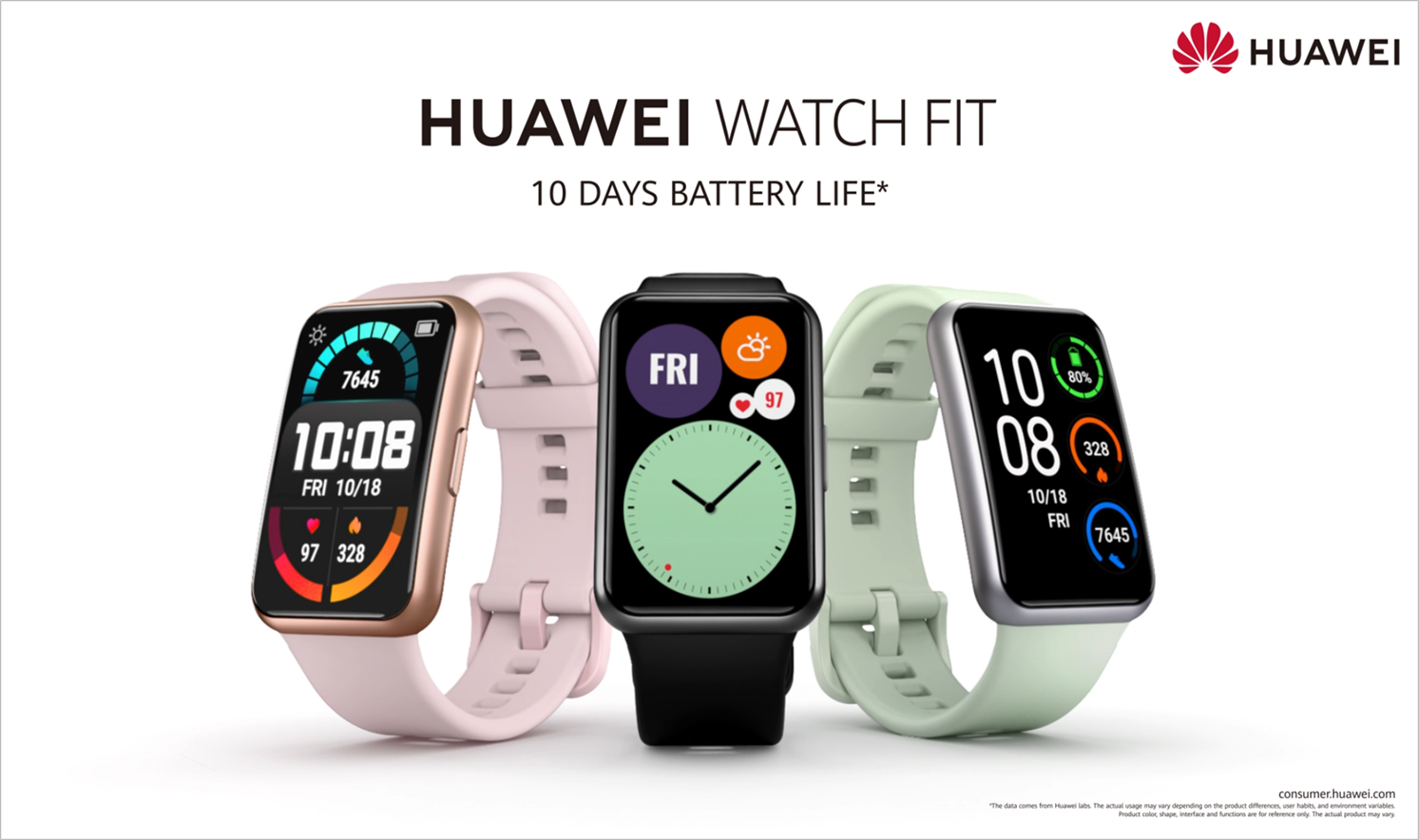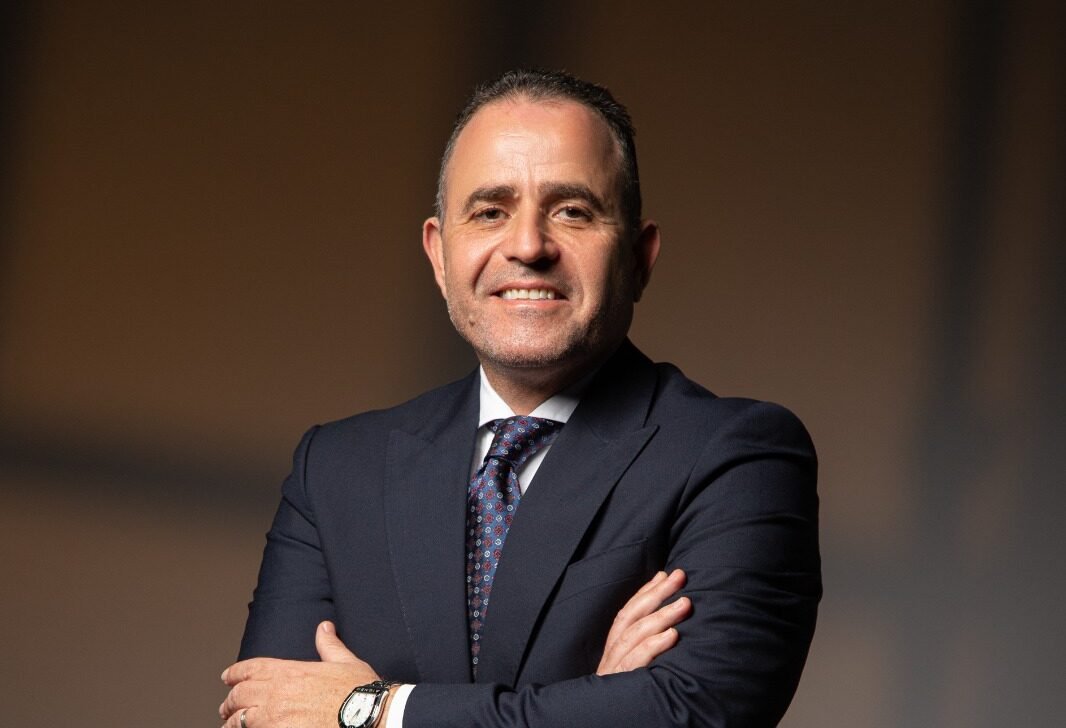Huawei has announced a digital innovation partnership with Hamad Bin Khalifa University’s (HBKU) Qatar Computing Research Institute (QCRI) in support of efforts to combat chronic diseases. QCRI will use Huawei’s smart technologies to collect data that can be used on its health-based computing platform, SIHA, (System for Integrated Health Analytics). By analyzing data from wearable devices such as the HUAWEI WATCH FIT and HUAWEI Smart Scale, SIHA provides clinicians with the ability to efficiently monitor and track patients with chronic diseases, including those suffering from diabetes and obesity.
“Huawei’s constant investment in scientific research and development is why our wearables are considered the best in the market. Applying the latest sports and health technology, they ensure that consumers are provided with the best possible solutions for a healthy lifestyle, according to their individual needs. We are proud to be working closely with QCRI on this project, through which we are able to promote health and wellbeing among even more consumers,” Steven Li, President Huawei Consumer Business Group, Middle East Multicountries.
Huawei’s smart wearables promote healthy and active living, and have won acclaim from global consumers. The HUAWEI FIT and the latest release HUAWEI Watch 3 Pro monitors SpO2, sleep and pressure, the smartwatch series’ comprehensive feature set allows users to stay up to date on their health condition. Meanwhile, the HUAWEI Smart Scale can be used to keep track of weight loss targets with nine parameters, including weight, body fat percentage, and muscle mass. Each of these devices connect to HUAWEI Health, the integrated go-to health and fitness companion.
SIHA’s various capabilities serve as a lifestyle decision support system for physicians and patients, and also support research on chronic diseases. The QCRI platform can connect to medical devices such as continuous glucose monitors to capture blood glucose-related data. Using artificial intelligence (AI) models that combine patient data from multiple sources, the system can then predict low blood sugar events. Patients can also use the SIHA mobile app to log their food consumption, in Arabic or English, to keep track of their calorie intake along with their activity and sleep. Clinicians can use SIHA to perform clinical trials on a group of patients and analyze their overall activity, sleep, and nutrition data from a single dashboard that gives them individual or aggregated views of the data. SIHA also provides an opportunity for clinicians to collaborate with researchers to gain additional insights and analytics on the data collected through Huawei’s smart devices.


















